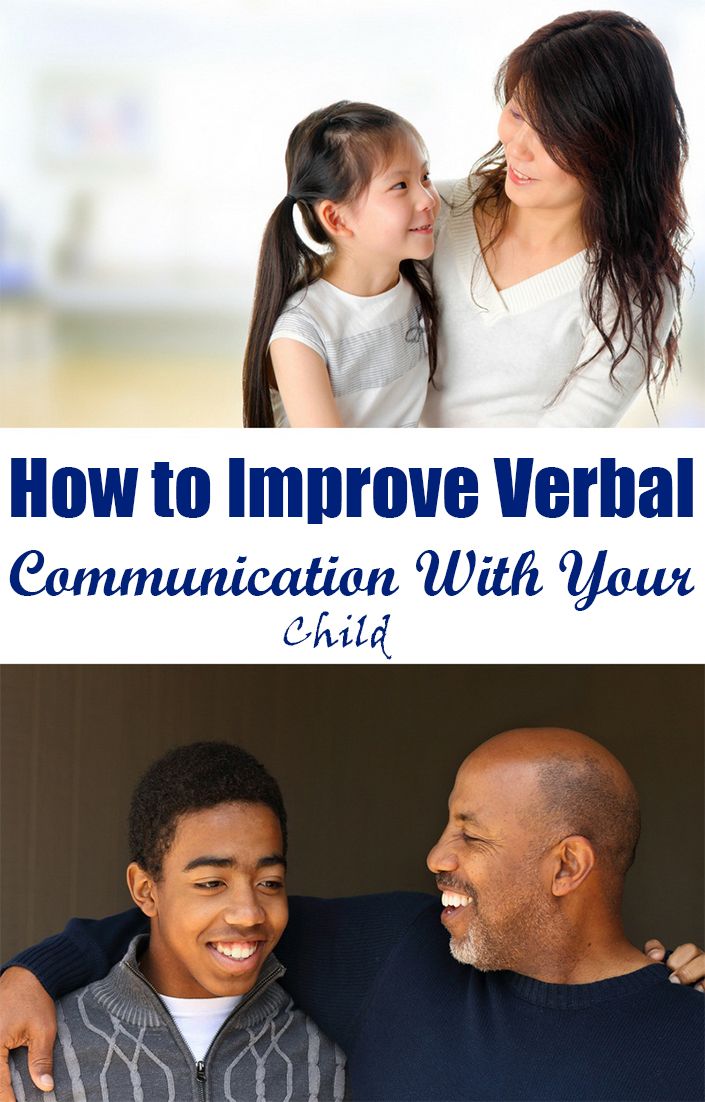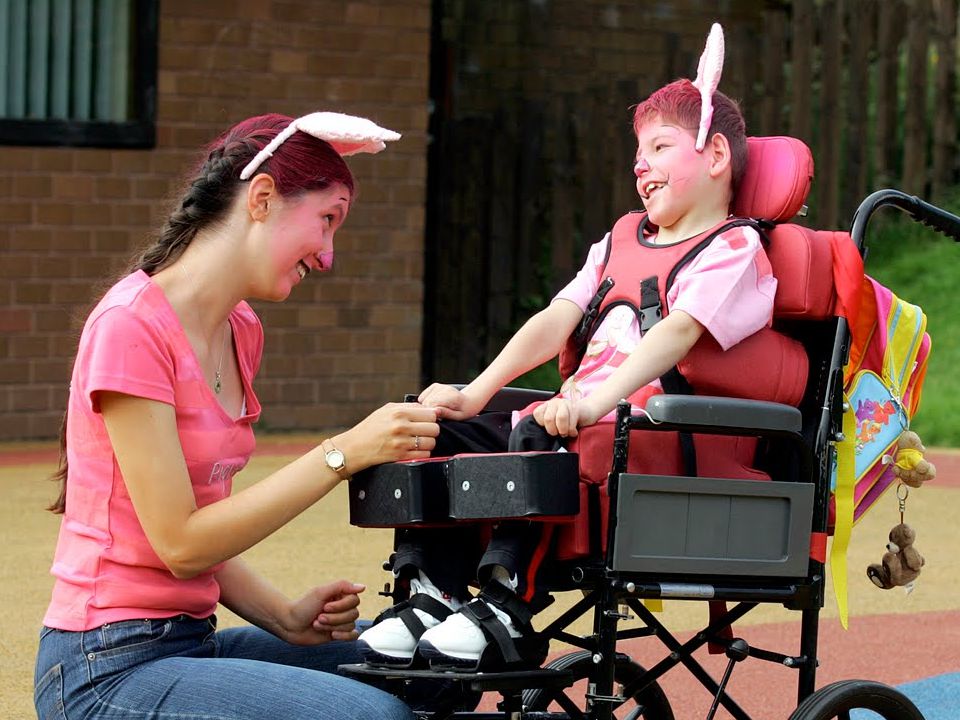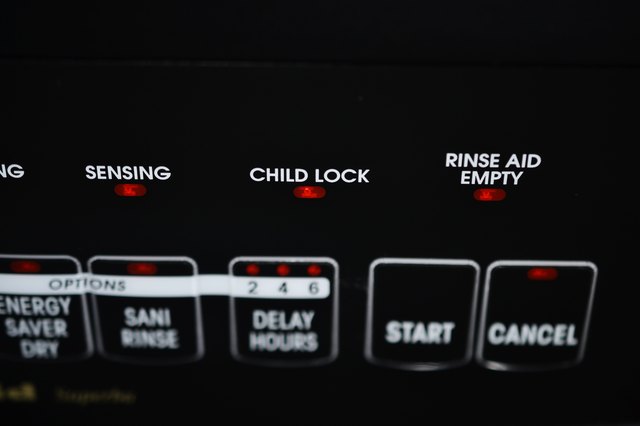How to communicate with child
How to communicate effectively with your young child
Every interaction you have with your child is a form of communication. It's not just about the words you say: The tone of your voice, the look in your eyes and the hugs and kisses you give – all convey messages to your child. The way you communicate with your child not only teaches them how to communicate with others, it shapes their emotional development and how they build relationships later in life.
What are the types of communication?
Communication can take two forms: verbal and nonverbal.
Verbal communication is the way we communicate with words and includes:
- Pitch and tone of voice
- The words you say
- Dialect, or using words your child can best understand.
Nonverbal communication is both intentional and unintentional communication through body language. It includes things like:
- Facial expressions
- Eye contact
- Personal space
- Hand gestures
- Physical touch like a hug
Try these nine tips to practice your verbal and nonverbal communication skills:
1.
Listening actively helps children to feel heard and understood. By using gestures such as encouraging smiles and affirming nods you can show that you are engaged with what your child is saying and really care. Getting down to the same eye level as your child as they speak to you can help them feel safer and more connected to you.
Show that you are listening intently to what they have to say by asking them questions like “what?” “why?” and “how?”. This also helps your child to improve their own communication skills by teaching them how to tell a story and what details to include.
2. Reflective listening
A great way to show your child that you are paying attention and care about what they have to say is by acting like a mirror. Repeat back what they say to you using different words. For example, if your child says, “I’m not playing with Marco anymore,” you could respond with, “You are not playing with your friend?”. This leaves room for your child to express their emotions without judgment. You might be surprised at how much they have to say!
You might be surprised at how much they have to say!
3. Speaking clearly
Use language that is understandable for your child and appropriate to their age. Be clear, specific and do not use derogatory words. Using kind language helps set a positive example for your children. Remember, the conversation should make your little one feel respected and loved.
4. Avoiding bribes
Offering rewards such as candy for basic behaviours may feel like they give you short-term control, but they do not allow you to develop clear boundaries and can lead to distrust between you and your child. Try to set clear and realistic expectations about what you would like your child to do, praise good behaviour when you see it, and use calm consequences to encourage better behaviour when needed.
> Read: How to discipline your child the smart and healthy way
5. Explaining feelings
To help your child develop emotional intelligence, it is important for them to learn how to name their feelings.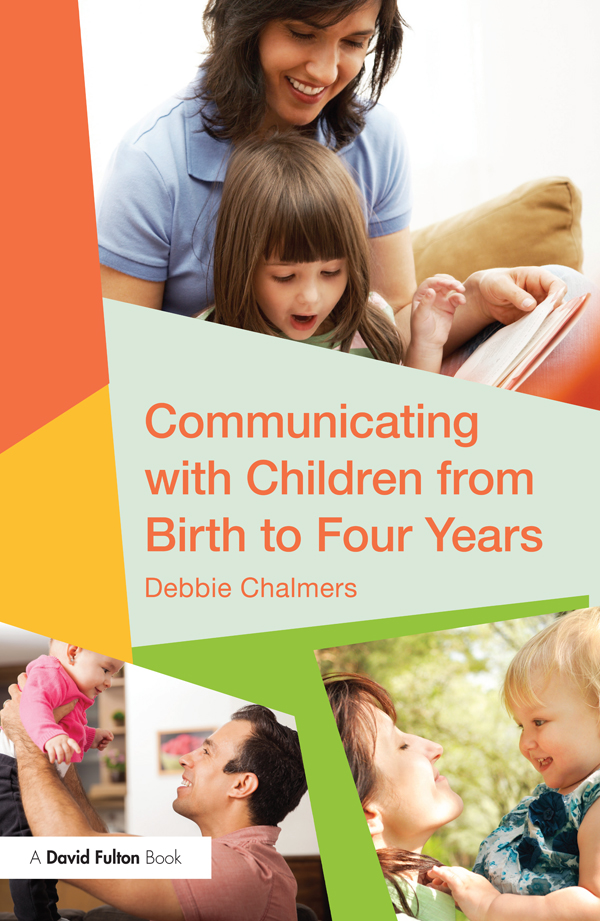 When your child is expressing their feelings verbally, listen to what they have to say with empathy and without judgment. Consider what life looks like through their eyes. If your little one is expressing their feelings in a nonverbal way – for example through a temper tantrum or laughing and having fun doing an activity they enjoy – help them put words to how they feel, such as happy, sad, relaxed, hurt, scared, hungry, proud, sleepy, angry, helpless, irritated, embarrassed or joyful.
When your child is expressing their feelings verbally, listen to what they have to say with empathy and without judgment. Consider what life looks like through their eyes. If your little one is expressing their feelings in a nonverbal way – for example through a temper tantrum or laughing and having fun doing an activity they enjoy – help them put words to how they feel, such as happy, sad, relaxed, hurt, scared, hungry, proud, sleepy, angry, helpless, irritated, embarrassed or joyful.
6. Using ‘noticing’ statements
When you praise your child for specific actions, it helps them to feel good about themselves and lets them know what behaviours you like. Instead of saying “good job!” try being more specific with a ‘noticing statement’: “I noticed that you put all of your toys away after playtime. Nice work!”
7. Having fun together
As your children grow, parenting can seem like a more serious task. That’s why it is all the more important to have fun together and enjoy lighthearted conversation – it’s a great way to strengthen your relationship! Find ways to relate to your child by saying something positive about something they care about, paying attention to their interests and joking together. Remember, laugh with your child but never at your child.
Remember, laugh with your child but never at your child.
8. Focusing on behaviour
If you are upset with your child about something, make sure that your criticism and comments are directed at their behaviour and not at them as a person. For example, instead of “I don’t like that you are messy” try “I don’t like it when you leave your clothes all over the floor.”
9. Leading by example
Consider what example you are setting. Parents are children’s introduction to the world. What your child sees you do is as important as what they hear you say.
Only make a promise to your child that you are sure you can keep. This helps to build and maintain trust between you and your children.
Remember, leading with kindness and love is always the way to go when bonding and communicating with your child!
7 Tips for Effective Communication with Your School-aged Child
Gary Gilles is a Licensed Clinical Professional Counselor in private practice for over 20 years.He is also an adjunct faculty member at the University ...Read More
Talking with your child is a daily event. But, let’s face it, as parents we are busy and it is easier to keep the conversation with our children light so we can move on to the next thing on our “to-do” list. There’s a place for light conversation in daily life but there are also those times when your child needs for you to tune in and listen more deeply.
Your child won’t tell you this but he or she needs for you to probe into their inner life on occasion to find out what they are thinking and feeling. Not only will this help them and you make more sense of their emotions but it will also strengthen your relationship with them. They will intuitively sense that you understand them better because you took the time and energy to really care.
Here are seven tips to help you skillfully tune-in during those times when you child needs your full attention.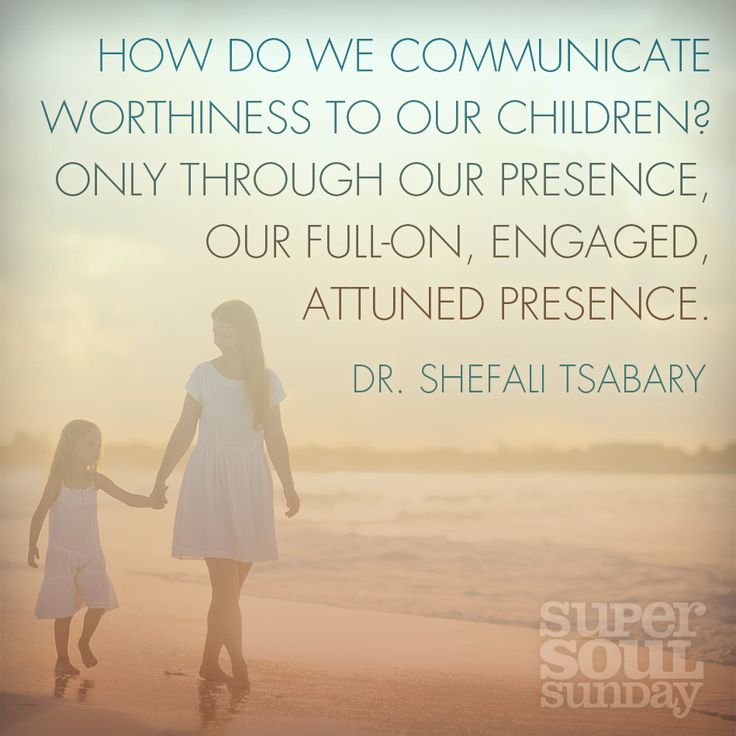
1. Listen with your whole body. When you sense that your child needs to talk, give them your full attention. Face them, make eye contact, kneel down to get on your child’s level if necessary – even tilt your head – to show that you are really listening.
2. Pick up on the emotion. When your child has noticeable emotion in their words or in their body language, attend to that feeling. It’s often useful to make an observation or restate what you hear them say. This sends the message that you are taking them and their feelings seriously. For example, you might say, “You’re upset because I’m not letting you go outside to play after its dark?” These reflective statements then allow your child to respond by affirming or clarifying what they are feeling and it will usually prompt more conversation.
3. Acknowledge your child’s feelings. Empathy is one of the most powerful and comforting responses we can give to another person, especially a child. When you acknowledge those feelings, you validate them. This includes those feelings we often think of as “negative,” such as anger, frustration and disappointment. Often, acknowledgement of their feelings is all the child needs to begin dealing with the problem at hand. When you validate a child’s emotion you sensitize them to that emotion and give them permission to feel it and also acknowledge it in other people.
When you acknowledge those feelings, you validate them. This includes those feelings we often think of as “negative,” such as anger, frustration and disappointment. Often, acknowledgement of their feelings is all the child needs to begin dealing with the problem at hand. When you validate a child’s emotion you sensitize them to that emotion and give them permission to feel it and also acknowledge it in other people.
4. Delay correction and gather more information. When your child is countering you, resist the urge to correct them immediately, even if you think they’re wrong. Hear them out before responding. Better yet, go an extra step by asking your child follow-up questions to learn more about why they see things as they do. This approach acknowledges your child’s feelings and gets them talking. You are likely to get more cooperation when you are willing to hear their concerns versus simply correcting them.
5. Try to see the situation through your child’s eyes.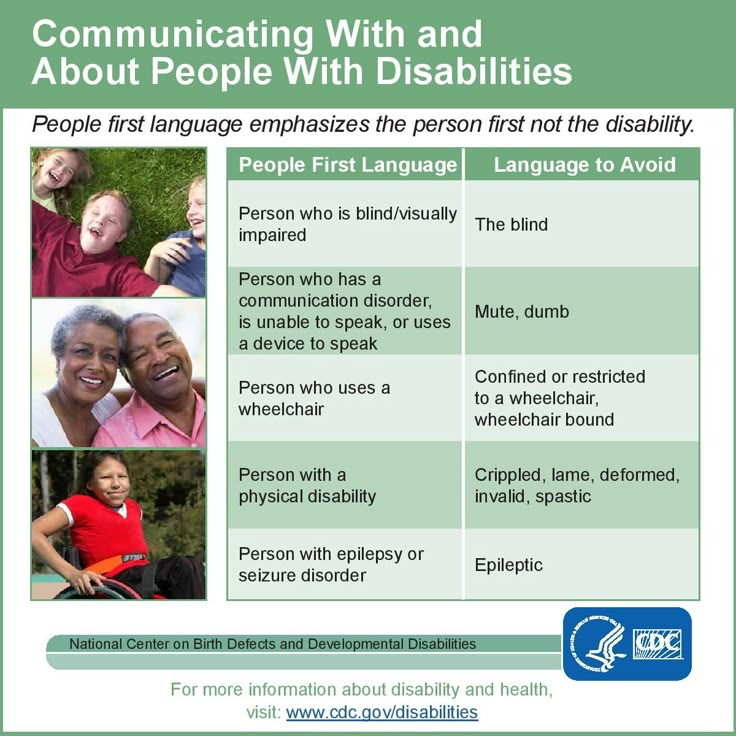 Try to step into your child’s frame of reference before reacting. We often expect our children to understand adult-like ways of thinking and we don’t give consideration to how they might be thinking or viewing the situation. What developmental needs might they have in that moment that they can’t directly identify or ask for? For example, as you and your spouse are leaving the house for a much-needed night out, your child has an emotional meltdown in front of the babysitter because they don’t want you to leave. You could get upset, ignore your child’s behavior, or you could ask yourself: What is my child trying to say right now; what need might they have that I should be attentive to? For example, is their upset behavior a plea for comfort, security, reassurance, or something else that you don’t understand? When you can see that certain behaviors are connected to their developmental needs, it is easier to be rational and patient with an appropriate intervention.
Try to step into your child’s frame of reference before reacting. We often expect our children to understand adult-like ways of thinking and we don’t give consideration to how they might be thinking or viewing the situation. What developmental needs might they have in that moment that they can’t directly identify or ask for? For example, as you and your spouse are leaving the house for a much-needed night out, your child has an emotional meltdown in front of the babysitter because they don’t want you to leave. You could get upset, ignore your child’s behavior, or you could ask yourself: What is my child trying to say right now; what need might they have that I should be attentive to? For example, is their upset behavior a plea for comfort, security, reassurance, or something else that you don’t understand? When you can see that certain behaviors are connected to their developmental needs, it is easier to be rational and patient with an appropriate intervention.
6. Avoid shaming your child; rather focus on behavior. Shaming a child diminishes their worth. For example, a 10-year-old boy knocks over his milk at dinner for the third time this week and his father explodes in anger saying, “You idiot, can’t you be more careful?” Over time, these instances of shame make the child feel defective. A better approach is to focus on the behavior. Given the same situation, the father could say, “It’s okay. Let’s get a towel to clean it up; it’s just a mistake. Please ask for others to pass items to you at the table instead of reaching, okay?” A child doesn’t know how to correct being defective but he can learn to correct his behavior if given instruction in a supportive and encouraging way.
Avoid shaming your child; rather focus on behavior. Shaming a child diminishes their worth. For example, a 10-year-old boy knocks over his milk at dinner for the third time this week and his father explodes in anger saying, “You idiot, can’t you be more careful?” Over time, these instances of shame make the child feel defective. A better approach is to focus on the behavior. Given the same situation, the father could say, “It’s okay. Let’s get a towel to clean it up; it’s just a mistake. Please ask for others to pass items to you at the table instead of reaching, okay?” A child doesn’t know how to correct being defective but he can learn to correct his behavior if given instruction in a supportive and encouraging way.
7. Encourage your child to think proactively about solutions. When faced with a decision that you and your child disagree on, ask your child what he wants to happen or would like to change. This helps them see that there are options to every problem.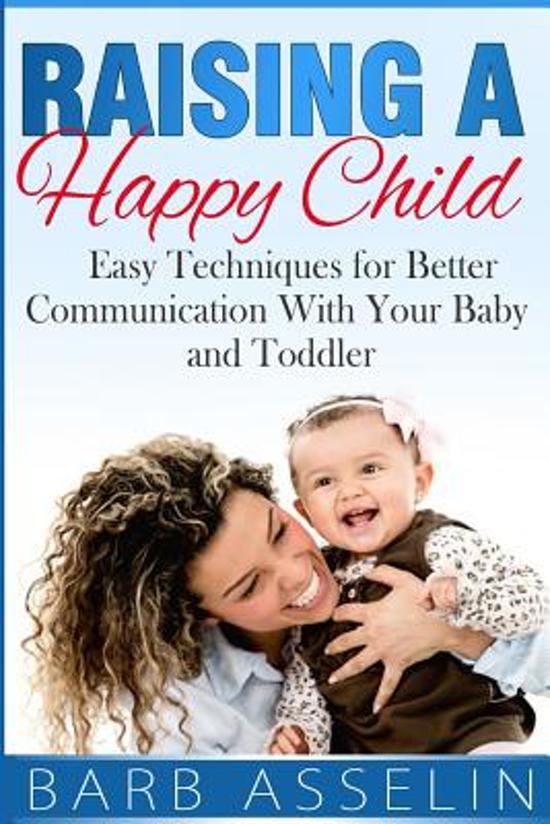 If they can come up with a reasonable approach to a problem, let them try it. When we encourage our children to become part of the solution, they often have greater motivation for resolving it.
If they can come up with a reasonable approach to a problem, let them try it. When we encourage our children to become part of the solution, they often have greater motivation for resolving it.
Keep Reading By Author Gary Gilles, LCPC
Read In Order Of Posting
How to communicate with a child
HOW TO BE A GOOD ADUL
Today we are talking about the book “Communicate with a child. How? ”, The author is a professor of the psychology faculty of Moscow State University, a brilliant teacher and psychologist Yulia Borisovna Gippenreiter. This is one of her most popular books, and there are many others that are just as useful. “Communicate with the child. How?" - First of all, a guide to their own emotional maturity.
This is a story about how to be a good adult: with children, colleagues, subordinates, clients and family. She helped I'm ten years older.
Unconditional acceptance
The first rule of communication between a parent and a child is to accept him as he is, without conditions or requirements. Child must live with the feeling that he is in any case loved, desired, valuable and dear, even if he entered not properly.
Child must live with the feeling that he is in any case loved, desired, valuable and dear, even if he entered not properly.
The wrong approach is conditional love based on the behavior of the child. When a child thinks he is bad and unloved because of his actions. Raising a child is not training. You can't just punish bad people here. behavior and encourage good. In any situation, the child should feel loved.
The child needs a constant message from a loved one: “When you are near, I feel good; I'm glad to see you; you to me like it." Conditional love destroys this emotional feed. This is the emotional foundation of a relationship. When there is unconditional love and confidence in each other, then it's easier.
Dissatisfaction
At the same time, it is possible and necessary to express dissatisfaction - but not by the child himself, but by his specific actions. Not "you're bad" and "you did badly", and even better "I feel bad about what you did. " The last one is the "I-message": it says about your feelings and does not evaluate the child himself. The child has a chance to independently make a conclusion about his behavior and correct it:
" The last one is the "I-message": it says about your feelings and does not evaluate the child himself. The child has a chance to independently make a conclusion about his behavior and correct it:
I feel ashamed when people turn their heads at us in the store
I am very tired and I am sad that now I have to wash the dishes
I find it difficult to talk when interrupted
NOT "YOU'RE BAD", AND "I AM BAD FROM WHAT YOU DID."
Active listening
Perhaps the main technique that parents should learn is active listening in difficult situations: when the child is sad, difficult or ill. The purpose of the technique is to let the child understand that in difficult times they hear him, to his the problem is not indifferent, it is understood. You will be surprised how often a child lacks just this, and how much can change if it appears.
To actively listen, you need to “return” to the child what he says, indicating feelings child:
— I don't want to do my homework!
- It is unpleasant for you to study Russian
— No, there are just too many!
- Are you afraid not to be in time tomorrow
Looks weird at first. I just want to shout, advise, point out, joke or regret instead child. But these are phrases from the adult world, stimulating phrases, phrases of influence. A child in a difficult situation does not need stimulants: he probably already knows what to do. If he needed help, he would ask for help. He is looking for emotional support.
I just want to shout, advise, point out, joke or regret instead child. But these are phrases from the adult world, stimulating phrases, phrases of influence. A child in a difficult situation does not need stimulants: he probably already knows what to do. If he needed help, he would ask for help. He is looking for emotional support.
Active listening helps to get to the root of the problem. The child willingly makes contact when he understands that his hear. The tension is relieved, the child feels understood, and together you easily solve the problem.
What not to do in difficult times
In contrast to active listening, Yulia Borisovna gives twelve options for parental answers that a minute does not lead to anything good:
Orders (“Quickly got out!”, “So that I don’t hear it again!”) - cause the child to feel that the parents do not respect his independence and do not want to delve into the problem.
Threats and warnings (“If you don’t stop, I’ll leave”) are useless, when a child has an unpleasant experience. They just push him further into a corner.
They just push him further into a corner.
Moral teachings (“Adults must be respected”) do not work in words, because the child learns values and rules from the behavior of parents, and not from edification in difficult times. And if the child breaks the rules, then either he repeats after someone from home, or openly protests. And protest is the result of emotional stress.
Tips (“Try like this...”) — put the parent over the child and show him how inexperienced and stupid he is. If the child does not seek advice himself, it is better to keep your wisdom until the child is ready for it. Often, by the way, the child comes to everything on his own.
Logical arguments (“You are not reading the assignment carefully, so make mistakes") - they work great in proving the theorem, and in no way bring the child closer to emotional stability. At best, the child ceases to perceive such words.
Criticism ("It's all because of you") - especially from close people - this is the way to low self-esteem, defensive reactions, depression, self-disappointment.
Praise does not apply to the child's emotions. The child understands that if he is praised here, he may be praised somewhere else. to condemn - because in principle it is evaluated. It is important not to switch to praise-evaluation, remaining in the zone praise-support. Instead of "You did well" say "I'm glad you did it."
Calling (“Crybaby Wax”) is generally nonsense. Who does she even helps?
Guesses (“I know that you are sad because you quarreled with Katya”) is interference with personal space. Nobody likes to be "calculated".
Questioning and investigation (“No, you tell me what happened") - another option for intervention in the personal.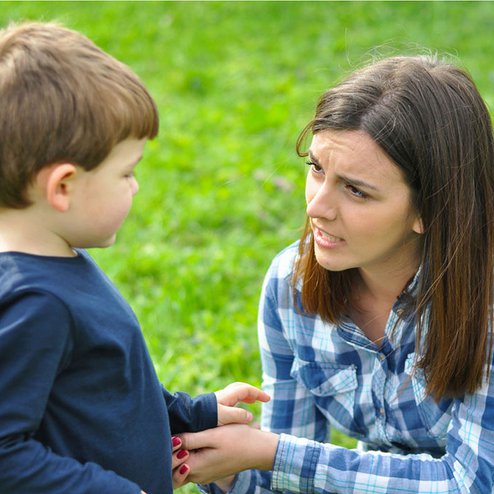 If the child does not tell, there are reasons for that. Better actively listen. If the child is open, he will tell everything himself.
If the child does not tell, there are reasons for that. Better actively listen. If the child is open, he will tell everything himself.
Exhortations and sympathy in words ("Well, don't be sad", "Calm down") diminish the importance of the child's emotions. Better hug the baby.
Joking about the problem doesn't help either because the problem is remains.
The child feels the emotions of others, needs support, acceptance and recognition from the parents. Active listening is the ideal tool for this. And to try on the spot to solve, suppress or justify the problem of the child - it's a road to nowhere.
Perhaps the most important thing in communicating with a child in such a situation (and in general in life) is the rejection of the parental position "above". A child is already a person, with his own feelings, desires and will. This is not a doggy training.
CHILD NEEDS SUPPORT.TRYING ON THE SITE TO SOLVE, SUPPRESS OR JUSTIFY HIS PROBLEM IS THE WAY GOING NOWHERE.
Conflict resolution
Conflict is normal. They happen even in the most friendly families. Good conflict resolution is when both parties get what they really want. To do this, the book proposes an algorithm:
Clarify the conflict situation , identify the stumbling block through active listening. Make it clear that you are open to conflict resolution. First listen to the child, then talk about your side of the problem with the help of "I-messages".
Collect proposals from both sides , do not criticize each separately. Everyone should offer their own solutions. Answer the question "What should we do in this situation?"
Evaluate each offer and collectively select the best acceptable. Both sides must choose, that is, come to an agreement. In the process, it turns out that one of the parties I wanted something completely different from what I initially stated.
In the process, it turns out that one of the parties I wanted something completely different from what I initially stated.
Refine solution , for example, by writing it down on paper and adding clarification points to it. Problem solving is good on paper.
Fulfill the target and check the result so that everything is like agreed.
Perhaps the most important thing here is to listen to all the children involved in the conflict. The more parents listen, the easier them to understand the real problem.
The second is to jointly come to a decision without taking a dominant position over the child. dominant position humiliates the will and personality of the child. If you give them the opportunity to make their own decisions, you will be surprised how they will act reasonably and honestly.
Transfer of responsibility
I would like to quote a very important phrase from this book. It occurs in the chapter dealing with matters that children do not want to do, and about the guardianship that parents surround them with great love:
It occurs in the chapter dealing with matters that children do not want to do, and about the guardianship that parents surround them with great love:
GIVING RESPONSIBILITY TO THEM IS THE BIGGEST CARE YOU CAN SHOW TO THEM
“This is a wise concern. It makes the child stronger and more self-confident, and your relationship more calm and joyful.
Behind the scenes
We haven't even started talking about discipline and independence, joint activities, contradictions in relationships, punishments and structure of emotions. The book "Communicate with the child. How?" is a treasure trove of stories, examples, techniques and correct thoughts.
It is useful not only for parents. It will help managers and subordinates, junior employees and directors, unemployed, housewives, entrepreneurs and students. It helps to find the hidden child in yourself and learn communicate with him first.
The book is 3 times cheaper at Ozon.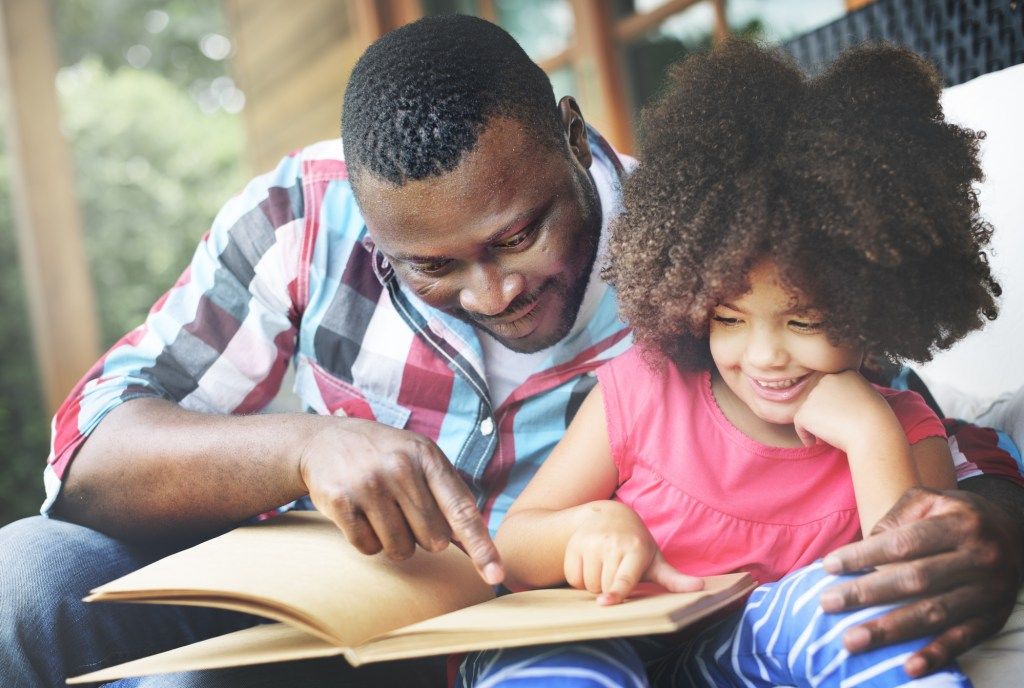
FROM THE EDITOR
Psychologist Lyudmila Petranovskaya has a series of articles about the psychological trauma inflicted on Soviet people The Great Patriotic War: the first post-war generation , second and third.
In a nutshell, the hardships of the war are predictably and equally imprinted on the post-war generation. These children grew up with roughly the same psychological trauma, and raised their own children in roughly the same way. Step by step, three roughly equally traumatized generations grew up in the USSR.
Why am I writing about this here?
We live in times of peace. There is no longer an excuse for the psychological trauma and complexes that modern parents nurtured in their own children. Yes, and adults have enough of these complexes and injuries - from their parents. And if not untie this knot, it will only get worse. It's time to untie, starting with yourself.
see the benefits of crm systems in our blog.
How to talk to children and understand what they really think - explains psychologist
Health
Which phrases should you pay special attention to? What to do if you are bored once again discussing the same cartoon? How to make a mental map of a child? These and other questions are answered by a specialist in child and adolescent psychology with 20 years of experience, father of two children Nigel Latta. The publishing house "Piter" published his book for parents "Before your child drives you crazy."
If you don't want to get an ulcer or hypertension or die prematurely, learn to talk to your children. Of course, all parents exchange a couple of phrases with their children, but I mean something else. We usually just say things to our kids from time to time (sometimes even scream when we're in a bad mood), but talking to kids is the key to a longer, healthier, less crazy life for all of you.
For many reasons, children need loving and helpful parents who are able to fully communicate.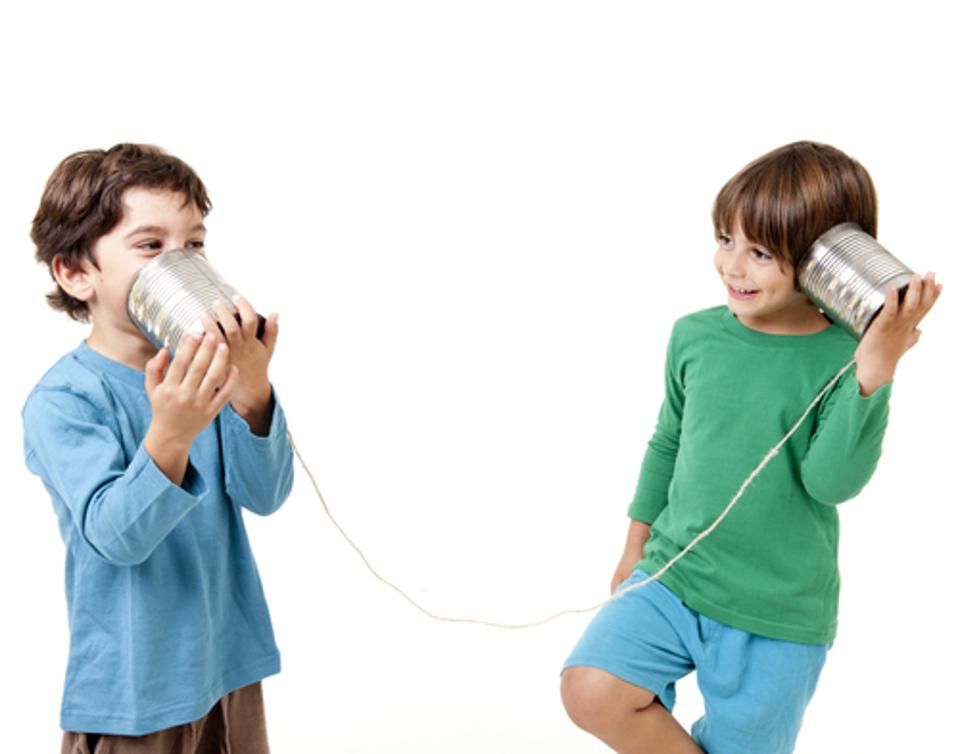 We discussed some of these reasons in the previous chapter. The structure of the brain of children is formed depending on what they encounter in the world around them. I think you already understand this, but I have not yet said what is good for you.
We discussed some of these reasons in the previous chapter. The structure of the brain of children is formed depending on what they encounter in the world around them. I think you already understand this, but I have not yet said what is good for you.
All family conflicts and problems are based on a lack of communication.
Very often people would come to my office and shout at each other for hours. But at the same time, none of them even tried to hear something other than their own voice. If you are not ready to communicate with children, you doom yourself to many years of conflict. And if you think your little kids are behaving very badly, wait until they reach puberty. If the foundation on which the family is built has cracked for many years, then hard times await you. I have seen many such families and would not wish the enemy to be in their place. The pubertal period is already quite difficult due to physiology, you should not complicate it with inadequate communication.
One of the most important skills that children need to master is the ability to manage their thoughts and feelings. Children have an abundance of both, and if they do not learn to control them, they are in for trouble. And it will be hard for you and the children themselves. So I ask you to listen to what I am talking about. This is hard-earned wisdom: if you want to stay sane, you need to have meaningful communication with your children. Otherwise, be prepared for years of stress, arguments, nerves and guilt. The law of the jungle is, "Eat or be eaten," and the law of the family is, "Communicate or expect trouble."
They are sometimes boring
You probably feel like a bad parent when you are bored with your child. But trust me, you are not alone. I love my two boys like crazy, but sometimes they talk about such downright boring things that I want to punch myself in the face. The fact is that the world of children is much smaller than ours. They haven't done much and haven't seen much, so sometimes they get hung up on things that seem.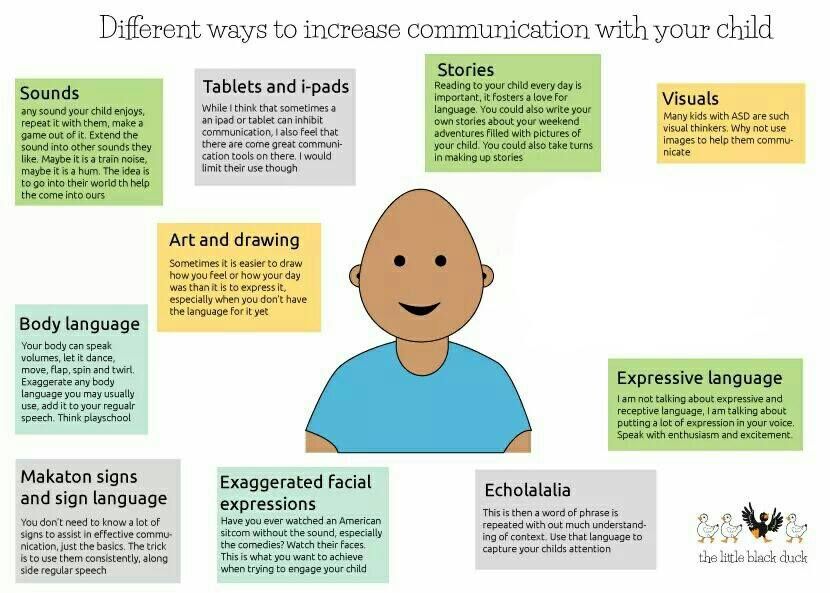 .. umm, how to put it mildly... trivial to the point of stupidity.
.. umm, how to put it mildly... trivial to the point of stupidity.
Let me give you an example. At some point, my wife and I had to be banned from talking about SpongeBob * simply because we were literally sick of stories about him and could not listen to them anymore. Don't get me wrong, I love that square yellow guy, but it's not funny at all when a six year old tongue-tiedly retells the same episode for the 227th time. The same situation was with the Lego Bionicle series. These are very cool toys, but they have become a real curse for us. My youngest son talked about Bionicle so much and in detail that they pushed out of my head the words necessary in my daily professional activities. When I spoke to the lawyer on the phone, I couldn't remember the word "complete." I just forgot it. But then I could tell this lawyer the story of the conflict between the Bionicle tribes - Glatorians and Scrolls, and also list the names of many other tribes ... but I could not remember the word "complete". Now talking about Bionicles is banned, because I am terribly afraid that because of them, there will simply be no useful words left in my head.
Now talking about Bionicles is banned, because I am terribly afraid that because of them, there will simply be no useful words left in my head.
If you feel bored with your children from time to time, there is nothing wrong with that, it is normal. When you're bored, it's best to take a break and send the kids to play on their own.
"But, daddy," protested my youngest, when I tried to take a break from talking about the Bionicles for a few minutes, "Aren't you glad I know so much about the Bionicles?"
“Of course I'm glad,” I replied. “But what you know about them is enough for me. I don't have to know what you know, the assurance that you understand it is all I need to be happy. Any knowledge beyond this initial knowledge is beyond what I need to know. You know?"
He frowned, "What?"
"Go play, my monkey."
Luckily for both of us, that's exactly what he did.
The gift of listening
Okay, to be honest, there is no gift of listening.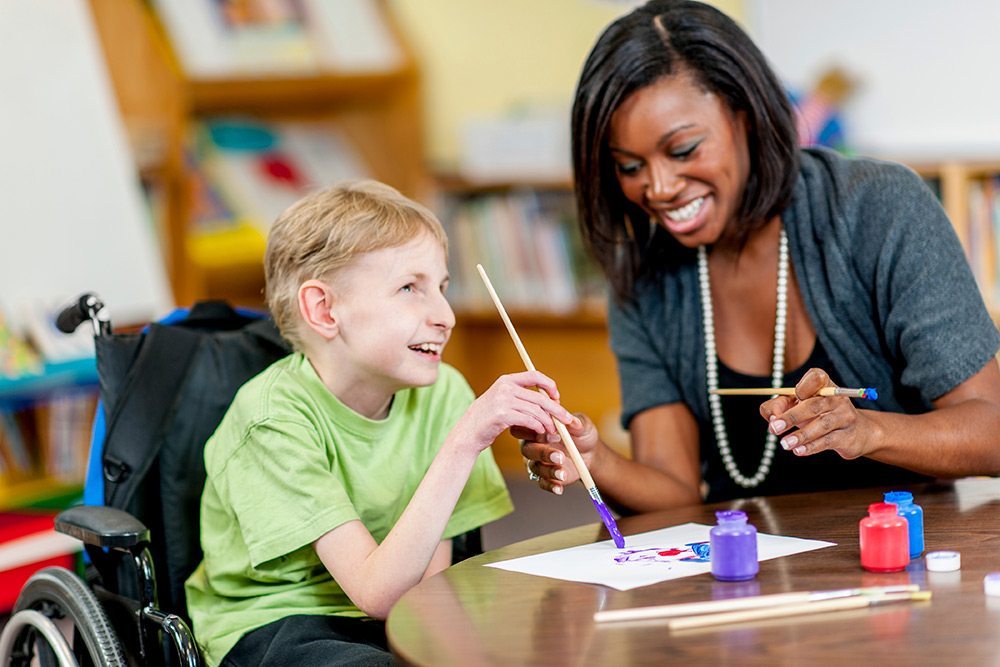 I came up with this so you read this section for sure. If I just wrote "listening skills", you would think: yes, I already know how to listen. But as soon as you come up with a more interesting name, like "The Gift of Listening", people immediately become interested in any topic. No one expects you to listen to absolutely everything your kids talk about. This is impossible, if only because they talk too much. Basically it's something terribly uninteresting or completely incomprehensible. Of course, the children themselves think that they are talking about something very important and interesting, but for adults their chatter sometimes seems like nonsense. No matter how hard you try to listen carefully, sooner or later you will notice that you nod at each of their phrases, automatically repeating something like: "Hmm ... yes, yes ... of course ... good ... right."
I came up with this so you read this section for sure. If I just wrote "listening skills", you would think: yes, I already know how to listen. But as soon as you come up with a more interesting name, like "The Gift of Listening", people immediately become interested in any topic. No one expects you to listen to absolutely everything your kids talk about. This is impossible, if only because they talk too much. Basically it's something terribly uninteresting or completely incomprehensible. Of course, the children themselves think that they are talking about something very important and interesting, but for adults their chatter sometimes seems like nonsense. No matter how hard you try to listen carefully, sooner or later you will notice that you nod at each of their phrases, automatically repeating something like: "Hmm ... yes, yes ... of course ... good ... right."
If someone claims to listen to everything the children say, he is either a big liar, or a lunatic, or even worse, a mad liar.
But still try not to let your guard down. As children get older, they may ask you for permission to do things that you in your right mind would never approve of.
— Jimmy, where is your little sister?
- I gave it to Matthew in exchange for a skateboard.
— What? For heaven's sake, why did you do this? Is it possible?
— You yourself allowed it.
— No, I didn't.
- Allowed. I asked you: "Can I exchange?" - and you said "Hmm ... yes, yes ... of course." Have you forgotten?
Listening to children does not mean simply being silent while they are talking. Even the smallest child sees when a person is listening, and when he is simply silent. It is important to listen to children not only to know about their thoughts and desires. When we listen carefully to children, they understand that adults are interested and important in what children are talking about. By listening to children, you encourage them to develop communication skills. There are some secrets that will help you listen to your children.
There are some secrets that will help you listen to your children.
- Give them your full attention. Look them in the eye and focus on what they are saying. Show interest with intonation Your intonation is very important and should match what you are saying. If you say, “Wow! How interesting!" bored voice, you will not deceive anyone.
- Use gestures and facial expressions. Gesture expressively and feel free to express emotions. So the children will see that you are really interested and pleasant to communicate with them. Children love it when you wave your arms and make faces - try it and see how their eyes light up.
- Ask questions. Questions will show your interest and enthusiasm for the conversation. Children usually like to be asked questions. It's best to come up with questions that can't be answered with a simple "yes" or "no". For example, it's better to ask "What did you do at school today?" rather than "Did everything go well at school today?"
- Repeat what the children say.
 It is important not only to repeat their words after the children, but also to copy the feelings with which they pronounce them. You need to become a mirror for your children so that they can see themselves through your eyes.
It is important not only to repeat their words after the children, but also to copy the feelings with which they pronounce them. You need to become a mirror for your children so that they can see themselves through your eyes. - Praise the children for how they explain things. It is very important to show children that you like the way they speak and explain this or that situation in words. This way they will feel confident in their communication skills and will be better able to verbalize their feelings and thoughts in the future.
It is clear that you cannot do all this all the time. Perhaps this is not necessary, otherwise you would either have to die of exhaustion, or go crazy, or both. You don't have to listen all the time, but you have to listen for some time. It's good that those banal things they load us with - the adventures of SpongeBob, the genealogy of Bionicles, the ups and downs in the High School of Music series - are preparations for much more serious problems that await us in the future.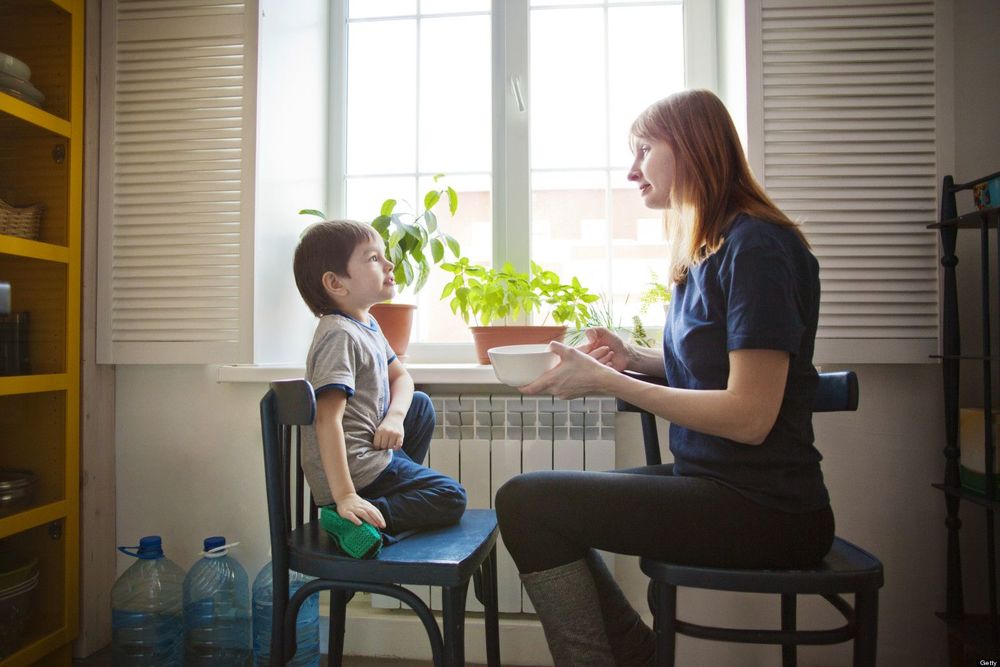 In my experience, it's best to practice when the stakes are low, and then when it comes to more important things, you'll already learn to listen to your kids.
In my experience, it's best to practice when the stakes are low, and then when it comes to more important things, you'll already learn to listen to your kids.
Find out their view of the world
We all perceive the world in our own way and communicate with others in different ways. Something is constantly happening around, and it is impossible to be aware of what is happening every second, so our brain perceives all information in accordance with certain patterns. This is something like a mental map of the world around us, which helps us choose how to act in a given situation. We refer to this map to navigate our way through countless events that require us to take action. A mental map gives the illusion of predictability, while everything around is unpredictable. However, it is important to realize that a mental map is a subjective perception of the world, and not the real world around. A mental map is a picture of the world created on the basis of our life experience.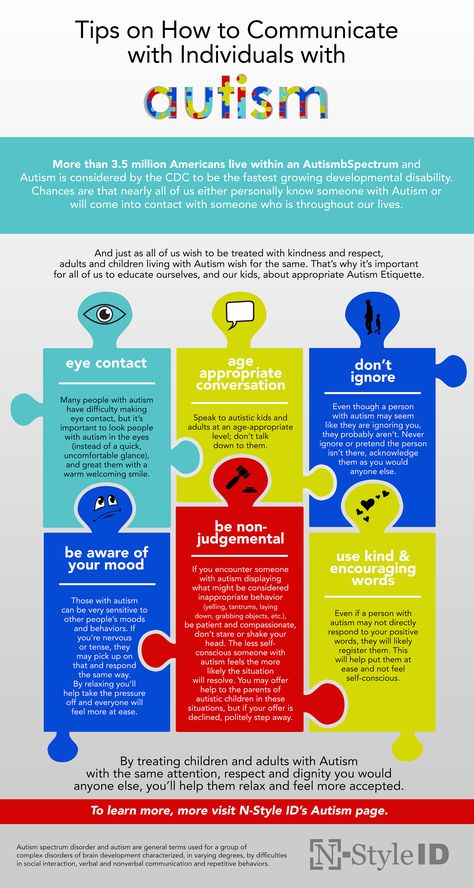 If from childhood you are used to the fact that no one pays attention to you when you are sad and ill, then in the future this will affect your relationships with others. As we learned from the previous chapter, the picture of the world in children begins to take shape almost from the moment of conception, and then this continues throughout life.
If from childhood you are used to the fact that no one pays attention to you when you are sad and ill, then in the future this will affect your relationships with others. As we learned from the previous chapter, the picture of the world in children begins to take shape almost from the moment of conception, and then this continues throughout life.
The main task of parents is to follow how children make their mental map of the world.
It should be as useful as possible to interact with the outside world. Have you ever wondered why your child almost always does this and almost never does otherwise? Most likely, this behavior is due to his mental map of the world. Some of the children are almost always looking for a workaround, others go ahead. Some want to study everything on their own, others do not leave their parents a single step. All of them are guided by a map of the world compiled in their heads.
You can learn about a child's world map, firstly, by listening to what they say about what is happening around, and secondly, by looking closely at how they behave.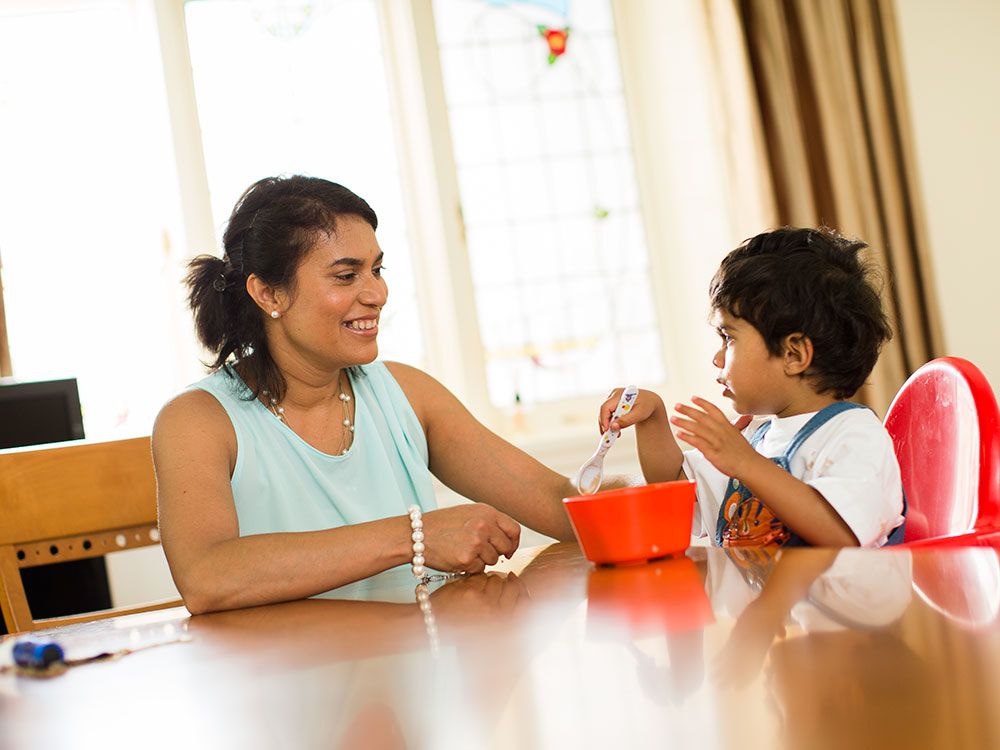 When children speak, they always show their view of the world. If you listen closely, you will hear something like this:
When children speak, they always show their view of the world. If you listen closely, you will hear something like this:
- Why am I afraid to go first?
- Why are you always so angry?
- Nobody plays with me.
- I like to share with others.
- I have funny friends.
- I read well.
- I hate to read.
- The teacher is evil.
- The teacher is kind, because she helps me.
- This is not fair.
- I can't, I have to do my homework first.
- This is bad.
All these phrases tell a lot about the attitude of the speaker. All of them will give you something to understand the world in which the child lives: something will please you, something will not. When you listen to children, pay special attention to what sounds like a rule, such as phrases that contain or suggest the words "always" and "never." Also focus on descriptions of other people, on phrases such as: "The teacher is good because she helps me. " From this statement, we can conclude that it is good for a child to help others. Now analyze another phrase about the same teacher: "I hate the teacher because she keeps saying I'm wrong." It means that helping others is bad for a child. In general, listen to what sounds like a strong belief or rule that helps you make the right decision.
" From this statement, we can conclude that it is good for a child to help others. Now analyze another phrase about the same teacher: "I hate the teacher because she keeps saying I'm wrong." It means that helping others is bad for a child. In general, listen to what sounds like a strong belief or rule that helps you make the right decision.
The phrase "No one wants to play with me" refers to the child's loneliness. In the future, he may withdraw even more into himself and move away from others.
You can also learn about the mental map of children just by watching them. When my oldest son was eight months old, I noticed that he was trying to climb up the stairs with a tenacity that any climber would envy. He didn't need help - he clearly wanted to overcome this obstacle on his own. That's when I thought this babbling baby would become very purposeful. I was not mistaken, he still acts just like that stubborn kid. In his case, such persistence is both a blessing and a curse.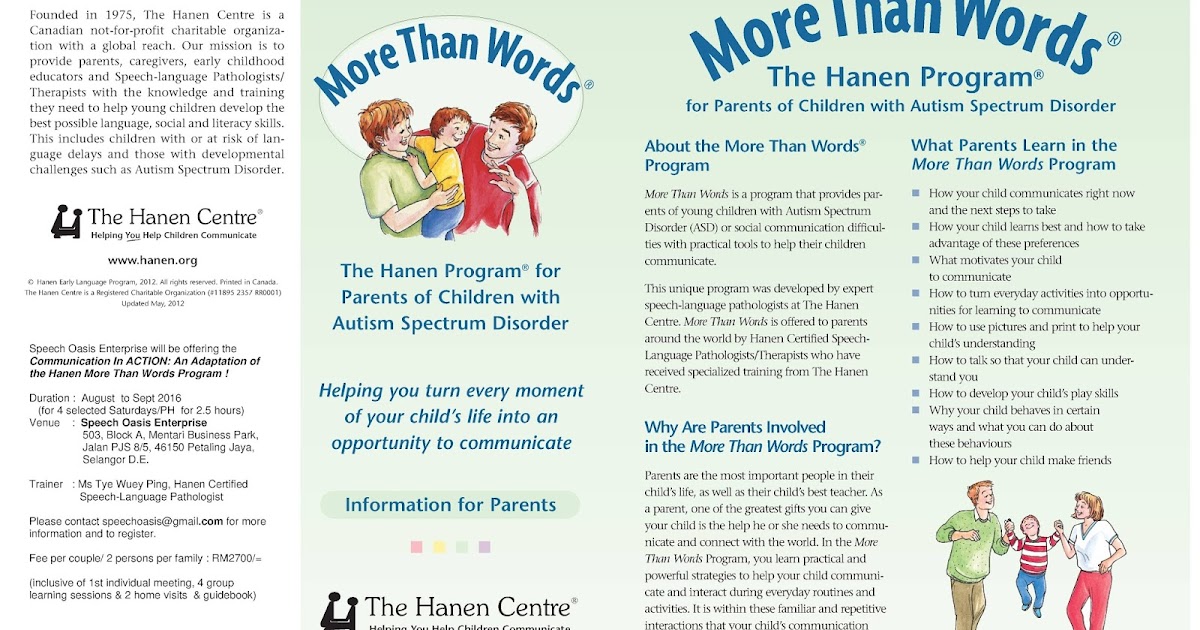 Thanks to his determination, he achieves a lot, but it is not easy for him. My task is to help him tweak the world map a little so that he finds the most convenient route.
Thanks to his determination, he achieves a lot, but it is not easy for him. My task is to help him tweak the world map a little so that he finds the most convenient route.
If you look closely at your children, you will see that they follow some rules when:
- play with toys;
- draw;
- play with friends;
- trying to solve some problem;
- perform tasks;
- are facing something new;
- they succeed or fail.
Children's behavior at these moments will tell you how they perceive the world and how they are guided when making this or that decision. For example, if every time a child encounters something unusual, he freezes and does nothing, this indicates his self-doubt. So, he decides not to do anything, because he is afraid of making a mistake. And if a child is very upset and cries inconsolably because of mistakes, this suggests that he will have a hard time experiencing any defeat.
Fortunately, mental maps are easier to correct in childhood than in adulthood.